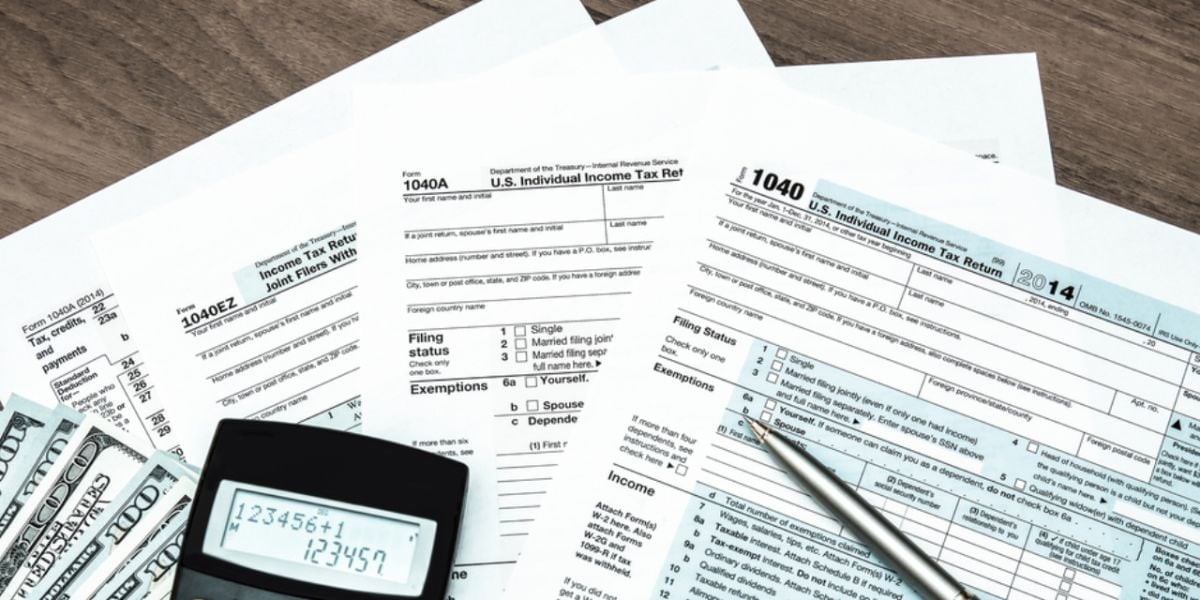
If you are relocating to Peru, you will probably wonder whether you have to pay local taxes. There are three main types of taxes in Peru, income tax, value-added tax (VAT), and corporate tax, the latter of which will only apply if you have chosen to set up a business there.
So before moving to Peru, it is best to research the different taxes you will be liable for, depending on your income level and whether you're setting up your own business or working for someone else.
Tax return and payment
The fiscal year runs from January 1 to December 31 each year, and returns must be filed during the first three months of the subsequent year.
First of all, you are required to register as a taxpayer at the Unique Registry of Taxpayers on the National Customs and Tax Superintendence (SUNAT) website. You can then submit your tax return and payment on the same website thanks to the dedicated section. Note that you have to submit your tax return at the latest in March of each year although the tax year is based on the calendar year. Tax declaration forms are available on the SUNAT website. If you are employed by a Peruvian or International company, they may do this for you, but it's your responsibility to ensure you've been registered.
Income tax
Income tax for individuals is based on an annual units system. All income received in Peru, including those received by non-residents, is taxable. The ceiling amount for each unit is fixed at 3,850 new Peruvian soles. Hence, the following rates apply as follows:
- Between 0 and 5 units ' 8 %
- Between 5 and 20 units ' 14 %
- Between 20 and 35 units ' 17 %
- Between 35 and 45 units ' 20 %
- As from 45 units ' 30 %
If you're on the payroll of a company based in Peru, your income tax is usually deducted from your salary on a monthly basis. Deductions and exemptions may apply with regards to the nature of the income (salary, pension, compensation, etc.), and employees are eligible for a 20% tax relief.
Good to know:
The income tax system applies both to Peruvians and foreign nationals. The difference is that residents are taxed on the income they make worldwide, whereas non-residents are only taxed on income generated in Peru.
VAT
Value-added tax (VAT), known as Impuesto General a las Ventas (IGV) in Peru, is deducted at a rate of 18%. The rate is already added to the prices you see advertised in retail stores. However, food products, urban means of transport, international freight, life insurance, some financial products, books, construction and boat repairs and maintenance are exempt from VAT.
Impuesto Selectivo al Consumo (ISC), i.e., consumption tax, also applies to the import and sale of cigarettes and alcoholic drinks at rates of 125% and 20% respectively, mineral and sparkling water, luxury items, fuel, and gambling activities (casinos and betting).
Corporate tax
Corporate tax applies at a rate of 28%. Plus values are generally included in income and, therefore, applied at the normal rate. On the other hand, tax on loan interest, insurance premiums, airplane and nature rents, maritime freight, costs associated with crossing the Panama Channel, depreciation, loss, payment of royalties to non resident subsidiaries, start-up costs, payment to employees and health insurance premiums, vehicle costs, etc, are eligible to deductions and tax credits.
Finally, companies also have to pay property tax and property transfer tax, tax on social security contributions, temporary tax on net assets, and tax on financial transactions.
Other taxes
There are other taxes that you may be liable for when living in Peru as an expatriate, including property tax, which property owners must pay annually for land and buildings, vehicle ownership tax, and property transfer tax.
Useful links:
We do our best to provide accurate and up to date information. However, if you have noticed any inaccuracies in this article, please let us know in the comments section below.








